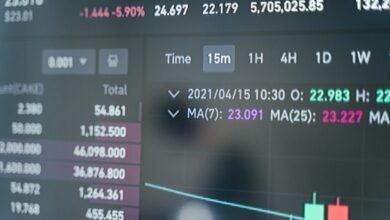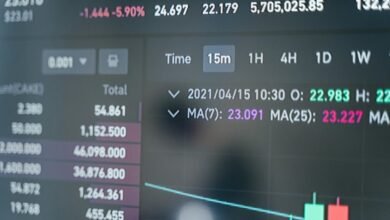The landscape of online culture is a complex tapestry woven from diverse voices and emerging narratives. As social media platforms amplify public discourse, they also cultivate echo chambers and algorithmic biases that challenge authenticity. The interplay between memes and informed critique raises questions about the ethics of digital storytelling. What emerges from this dynamic environment may redefine our understanding of cultural narratives, yet the implications remain largely unexplored.
The Evolution of Online Critique
As digital platforms proliferated in the late 20th and early 21st centuries, the landscape of critique underwent a seismic shift, reshaping how individuals engage with culture and art.
This evolution enabled a surge of online feedback, allowing diverse voices to participate in digital discourse.
As critiques became more accessible, the democratization of opinion challenged traditional gatekeepers, fostering a vibrant, yet complex, cultural dialogue.
The Role of Social Media in Shaping Public Opinion
How does social media influence the formation of public opinion in today’s digital age?
Social media algorithms curate content, often trapping users in online echo chambers that reinforce existing beliefs. This creates a distorted public sentiment, with influencer impact magnifying specific narratives.
Consequently, collective understanding is shaped not by diverse viewpoints but by algorithmically favored ideas, challenging the essence of informed discourse in a free society.
The Impact of Memes and Viral Trends on Culture
Memes and viral trends have emerged as powerful forces in shaping contemporary culture, often acting as a lens through which societal values and collective moods are expressed.
Through meme evolution and humor dynamics, they serve as potent vehicles for cultural commentary, reflecting the zeitgeist.
Viral marketing harnesses these phenomena, transforming fleeting moments into lasting impacts, underscoring the intricate interplay between entertainment and social consciousness.
Navigating Ethics in Digital Content Creation
What principles should guide creators in the vast, unregulated landscape of digital content? Emphasizing digital accountability, creators must prioritize content authenticity and ethical storytelling.
Conclusion
In conclusion, the complex interplay of critique and culture continues to catalyze conversations within the digital domain. As social media shapes sentiments and memes mirror societal mores, a critical consciousness emerges, urging creators and consumers alike to grapple with the ethics at play. This evolving ecosystem not only democratizes dialogue but also demands discernment. Ultimately, the future of online criticism hinges on our ability to navigate these nuanced narratives with both curiosity and caution, fostering a more thoughtful discourse.





